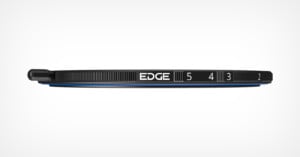
Irix Launches Super Slim and Compact Variable Neutral Density Filters
Irix has announced its Irix Edge Variable Neutral Density Filters which it claims are among the slimmest and most compact that have ever been made.

Irix has announced its Irix Edge Variable Neutral Density Filters which it claims are among the slimmest and most compact that have ever been made.

A team of engineers at MIT and the University of Massachusetts at Lowell have created something that, on the surface, seems impossible: they've designed a 180° fisheye lens from a single, 1mm-thin piece of calcium fluoride glass that is completely flat.

Photographer Niels Kemp recently asked wedding photographer and Nikon ambassador Brett Florens for his best piece of advice for beginning photographers. His answer was the simple portrait posing trick in the 2.5-minute video above.

Calling something 10.2mm thick is a bit of an oxymoron. The better way to describe MS Optics' new Perar Ultra-Wide 17mm f/4.5 Retrofocus lens would be as 10.2mm thin. Either way, this ultra-light, ultra-thin lens for Leica M shooters is impressively tiny.
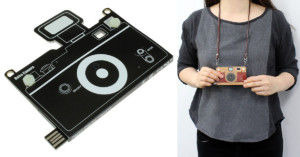
If the only things you care about in a digital camera are novelty and thinness, then the "Paper Like a Digital Camera" is for you. It's a retro-styled toy camera that measures just 6mm thick thanks to its barebones construction -- it's essentially a set of tiny camera components sandwiched between paper parts.

France has passed a new law designed to combat anorexia in fashion modeling and unrealistic body images in fashion photography.
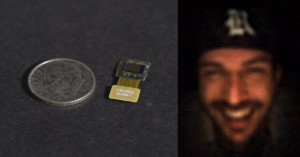
FlatCam is a new camera with a technological breakthrough: it uses a thin mask instead of a traditional camera lens, allowing the entire camera system to be thinner than a coin.
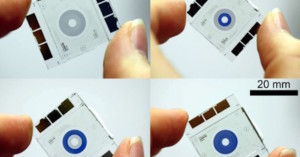
As smartphones have gotten smaller and smaller, the need for the cameras inside of them to shrink has become more pressing. One area where there's a lot of room for improvement is in the traditional mechanical aperture.
As we begin to hit the physical limit of the overlapping blades, researchers at the University of Kaiserslautern have designed an exciting new ‘micro iris’ that uses small chemical rings rather than a physical blades, dramatically shrinking the size of the aperture components in the camera.
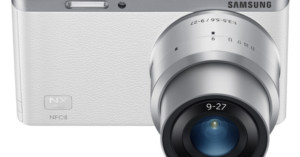
Samsung is reaching out to the smartphone generation today with the release of its thinnest and lightest interchangeable lens compact yet. Actually, to be more accurate, they're reaching out to the smartphone generation with the thinnest and lightest ILC EVER: the NX Mini.

In about a month's time we might have a new contender for world's thinnest interchangeable lens camera. Leaked images and specs from earlier today indicate that Samsung is working on a new camera dubbed the NX mini, and this cam is going to be tiny indeed.